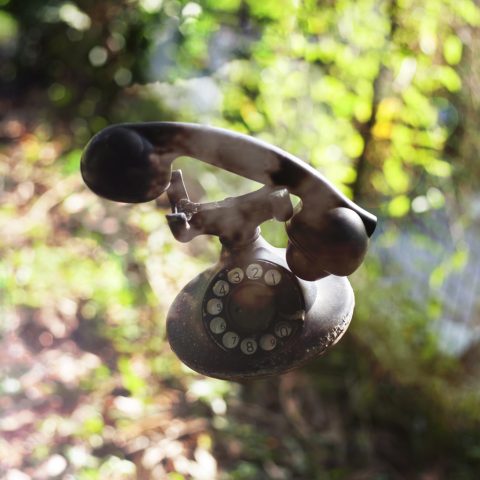Writers sometimes find inspiration in the most unlikely of places, or they are inspired to write by the tiniest passing detail. While reading “The Dentist’s Parrot,” I couldn’t help but wonder at the origins of the story. Could you share a bit about its conception?
I was afraid you’d ask this question, because the origins are not that clear to me. I remember thinking that if a parrot learned to talk in a dentist’s office, it probably wouldn’t talk very clearly. However, I don’t know how that became a story from the parrot’s point of view.
When you get an idea for a story, do you bookmark it to come back to, do you feel compelled to sit down right then and give it life, or some other way?
Well, for this story, I got the idea about a dentist’s parrot while I was at work, so I couldn’t write it down right away. In fact, several days passed before I wrote it. I confess that at other times I sit down to write with no clear idea at all. I just start and something comes. Or not.
Describing unusual or exotic places can be tricky, but you give a lovely description of a rainforest toward the end of the story. Have you visited a rainforest, and, if you haven’t, what is your creative process for describing a place you have never seen?
Nope, never been to a tropical rainforest. In this case, I wasn’t trying to write about a real rainforest, but the rainforest in the parrot’s mind, which would be idealized, the way places in our pasts often are. So I just imagined it.
Which authors inspire you to write and influence your particular style? What are you currently reading?
When I was in high school, I was in love with the prose of F. Scott Fitzgerald. I wanted to grow up to write like him. I love Jane Austen—great characters and humor. Marilynne Robinson’s Housekeeping was a huge book for me—just so beautifully written. Right now because I’ve been teaching it, I have been rereading Charles Dickens’ Great Expectations. It’s so wonderfully written. In a way it’s a shame that it’s always assigned to young people. So much in it is about regret and looking back that I don’t think I fully appreciated it when I was younger.
Your story is very lighthearted at the outset, but it quickly and subtly takes on a more melancholy tone as you introduce themes of displacement, isolation, and longing. Is there some subtextual meaning you were hoping to communicate to the reader?
When I was an undergrad, Robert Pinsky guest-taught a poetry writing class I was taking. He said something like, write the poem and let other people figure it out. So I adopted that philosophy.



 The core workshop of SmokeLong Fitness is all in writing, so you can take part from anywhere at anytime. We are excited about creating a supportive, consistent and structured environment for flash writers to work on their craft in a community. We are thrilled and proud to say that our workshop participants have won, placed, or been listed in every major flash competition. Community works.
The core workshop of SmokeLong Fitness is all in writing, so you can take part from anywhere at anytime. We are excited about creating a supportive, consistent and structured environment for flash writers to work on their craft in a community. We are thrilled and proud to say that our workshop participants have won, placed, or been listed in every major flash competition. Community works.